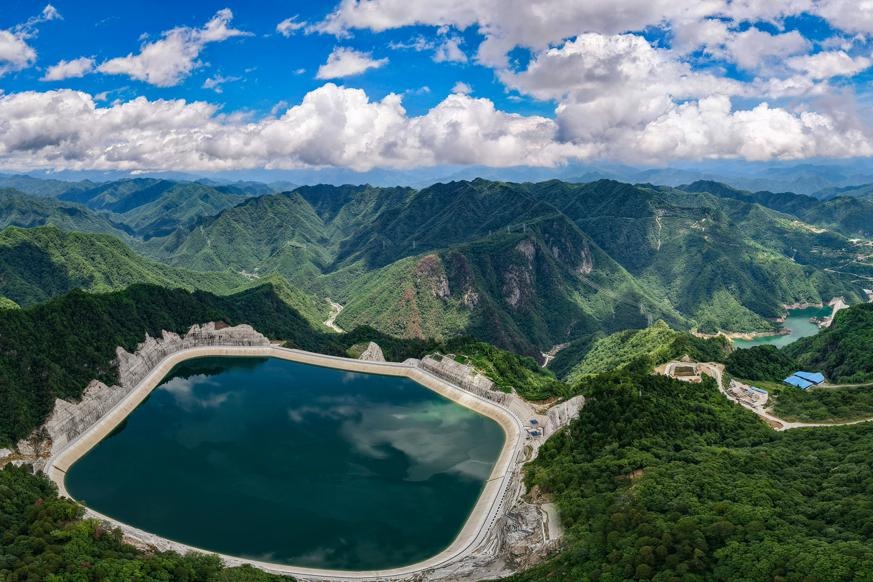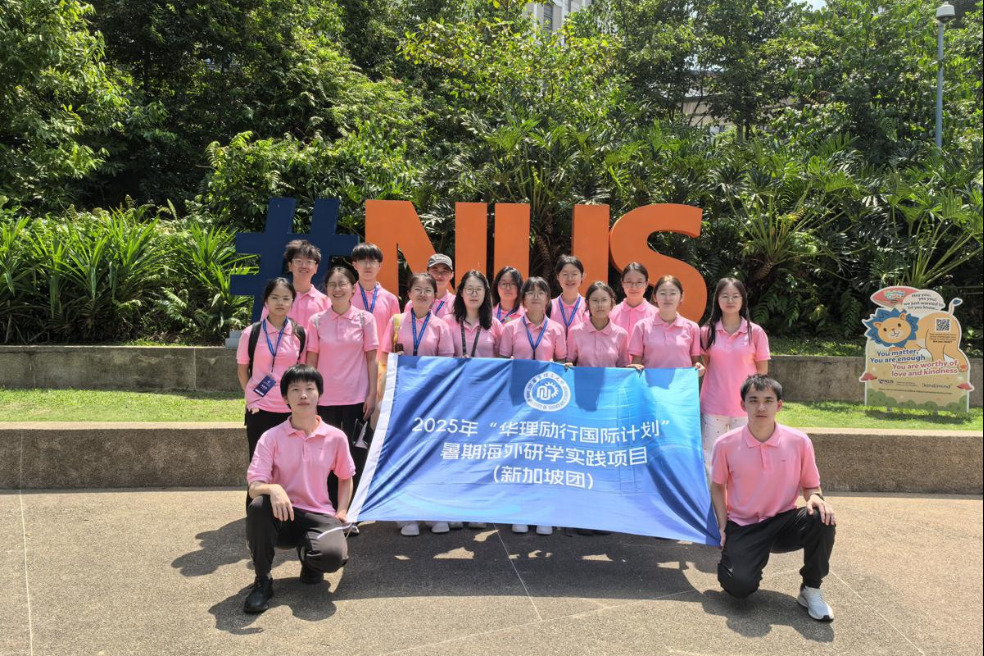Technology set to drive China's toilet revolution forward

Challenges
Poor management of sanitary facilities has long been an obstacle to the development of tourism, both urban and rural, and the improvement of public services according to Li.
In recent decades, tourism has made a huge contribution to China's economic development, but a lack of modern management techniques and poor infrastructure, especially low sanitary standards, have resulted in the sector failing to meet visitors' requirements.
The ministry estimates that tourists paid more than 40 billion visits to restrooms at travel destinations last year.
"It's a huge number, so we require more facilities and high-quality services," Li said. To improve the situation, the ministry plans to raise the number of facilities and introduce unisex and family restrooms at tourist spots.
"The ratio of toilet stalls for males and females will be increased from 1-to-1 to 2-to-3, while in some popular travel destinations the ratio will be 1-to-2. Nearly 250 5A State-level scenic spots (the highest level and best maintained) will be fitted with family and unisex restrooms to offer convenience to seniors and people with disabilities," Li said.
Inappropriate behavior plus poor management of facilities and the technologies used in the renovation process remain problems that require action from individuals, companies and the government, according to the vice-minister.
"Uncivilized behavior, such as cutting in line, wasting water and toilet paper, and deliberately damaging facilities, cannot be changed in a short time," he said. "More creative and efficient promotional methods and tools, such as Weibo and WeChat, should be used to improve people's behavior."
Technology
On Jan 5, the ministry and Amap, the provider of one of China's most popular navigation services, launched a "toilet navigation system" on the company's mobile app which allows users to quickly locate restrooms within a radius of 2 kilometers.
By early last month, nearly 15 million people had used the service, according to Amap, which emphasized that an effective sanitation system is not only closely linked with environmental protection, but also with standards of health and quality of life.
- Tianzhou 9 cargo spacecraft launched at Wenchang Spacecraft Launch Site, providing supplies for Shenzhou XX crews
- Dongguan energizes its nighttime economy
- Sovereign wealth funds ramping up allocation to Chinese assets
- From normie to anime
- Mainland: Taiwan military buildup invites disaster
- 10th Kumule Festival kicks off in Heilongjiang




































